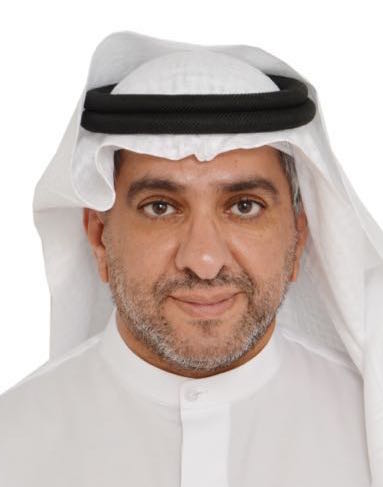Saudi writer: Linking Somali-UAE tension to Qatar “declaration of defeat”
Mansour Al Nogaidan, writing for the UAE's Al Ittihad newspaper, admitted that Al Jazeera and Al Hiwar TV stations did a far better job than local media houses, calling for a long term media strategy to deal with crises that pop up suddenly.
MOGADISHU – A Saudi writer has warned the United Arab Emirates’ media against linking the current diplomatic tension between Abu Dhabi and Somalia to Qatar or focusing on humanitarian issues in the Horn of Africa nation.
The Somalia-UAE row erupted when the Gulf state signed unilateral deals with Somali politicians from the northwestern region to manage the port of Berbera and set up a military base there. Somalia’s national government vehemently rejected the deals and last month took its protest to the United Nation Security Council, asking the world body to take action against the UAE for violating its sovereignly.
The international media has since linked the row to the larger Gulf crisis pitting a Saudi-led coalition against the tiny Qatar. Somalia, which has a special relationship with Qatar, declined to take sides in the rift, a position that particularly angered Saudi Arabia and UAE.
“Linking any stumble we encounter to the Qatari efforts behind it, is, in a way, a declaration of defeat, “ Mansour Al Nogaidan said in an article entitled “Why our media did fail in Somalia?
Al Nogaidan urged the anti-Doha media to step up its pro-UAE campaign to counter the anti-UAE narratives aired by Al Jazeera and Al Hiwar TV stations.
He said when the Somali-UAE diplomatic tension began the local media focused on two issues: Abu Dhabi’s humanitarian role in Somalia and linking the tension to Qatar, or as he put it “the black hand” of Doha.
“It is remarkable that when the UAE media slowed down, other satellite channels became active in dissecting the causes of the recent developments in Somalia from more dangerous dimensions that played on the nationalist emotions of the Somalis and in demonizing the UAE,” he wrote in the UAE’s Al Ittihad newspaper.
He said “media campaigns targeting the UAE’s efforts in Socotra, Aden, Somalia and Libya should make us more patient, more farsighted, more tolerant and more intelligent.”
On August 30, last year, Yemeni Nobel Peace laureate Tawakkol Karman accused the UAE in a twitter post of barring President Abdrabbuh Mansour Hadi from flying to Aden.
Many Yemenis perceive the UAE troops in their country as occupiers whose only aim is to tear the country up to occupy strategic ports and islands, such as Socotra and Abd al-Kuri island.
The UAE force is deployed in Yemen’s southern and eastern provinces as a part of a Saudi-led coalition that invaded Yemen in 2015 to oust an Iran-backed rebel group, Houthis, who seized control of the capital, San’a. Inhabitants of those accuse the Gulf state of advancing its own strategies.
“Sometimes, our media and news platforms are not at the level expected of them. They lack commentators, host the same people and have little information,”Al Nogaidan, the writer, said, lamenting that the pro-UAE’s coverage is marked by repetition and inefficiency despite the open weakness of what the “hostile satellite channels and news sites propagate.” He said those outlets see any success for the UAE as a setback to their projects.
Al Nogaidan admitted that Al Jazeera and Al Hiwar TV stations did a far better job than local media houses, calling for a long term media strategy to deal with crises that pop up suddenly.
“The silence of the media is incomprehensible and unjustifiable. Because every passing hour we’re losing the sympathy and become an enemy” in Somalia,
Al Nogaidan characterized Somalis “as a simple society” whose “armed groups and tribal sheikhs can be bought and manipulated.”
“Our strategic interests are at risk in a fierce ports war among grownups in which only the powerful will survive,” he said.

